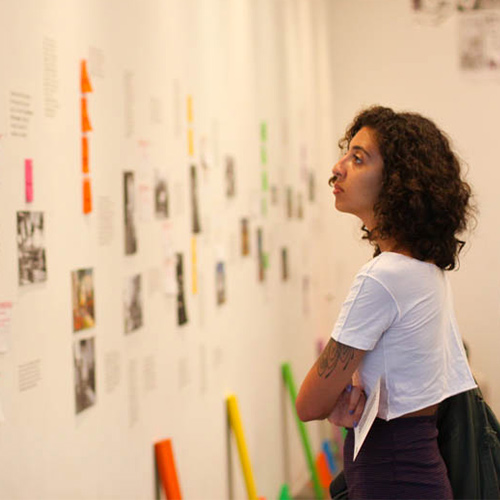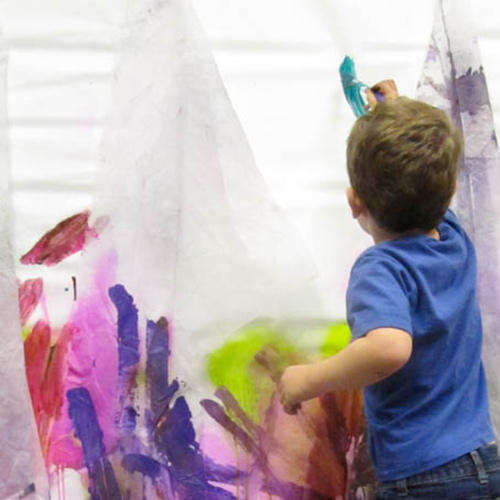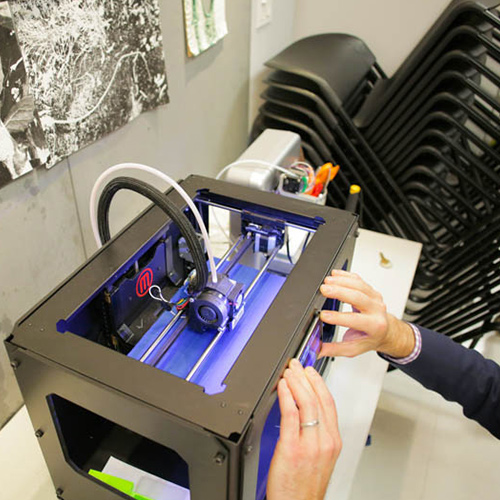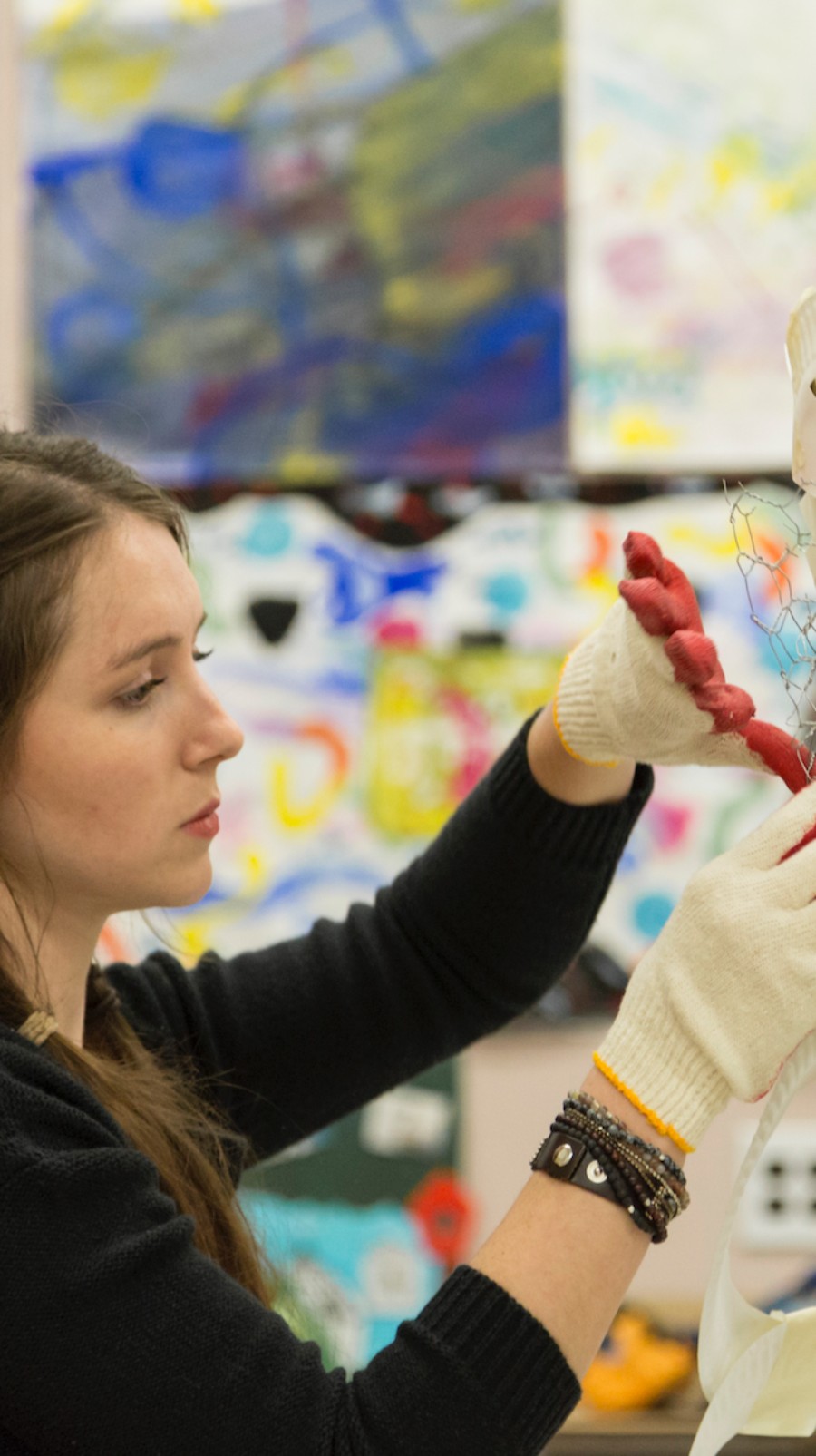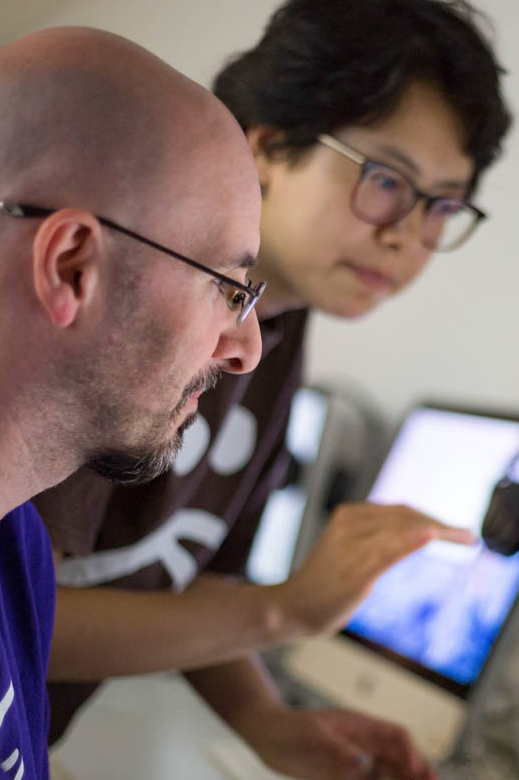Master of Education
A flexible degree that allows students to pursue their own interests, conduct research, and develop special projects in the field of art education. Designed for students with a master’s degree or equivalent professional experience who seek specialist achievement, or who wish to acquire research skills as a basis for future doctoral study. Open to museum and community educators, teaching artists, school-based art teachers, and others with a background in art education. Does not lead to Initial Art Teacher’s Certification (PK-12). Two years minimum.
Please visit our FAQ to learn more about the difference between degrees and other pertinent program information.

Admission Information
Displaying requirements for the Spring 2025, Summer 2025, and Fall 2025 terms.
Master of Education
- Points/Credits: 60
- Entry Terms: Spring, Summer, Fall
- Enrollment Formats: Full-Time Campus-Based, Part-Time Campus-Based
Application Deadlines
| Entry Term Available | Priority Deadlines | Final Deadlines | Extended Deadlines |
|---|---|---|---|
| Spring | November 15, 2024 | November 15, 2024 | N/A |
| Summer | January 15, 2025 | June 1, 2025 | N/A |
| Fall | January 15, 2025 | July 1, 2025 | N/A |
Select programs remain open beyond our standard application deadlines, such as those with an extended deadline or those that are rolling (open until June or July). If your program is rolling or has an extended deadline indicated above, applications are reviewed as they are received and on a space-available basis. We recommend you complete your application as soon as possible as these programs can close earlier if full capacity has been met.
Application Requirements
| Requirement | |
|---|---|
| Online Degree Application, including Statement of Purpose and Resume | |
| Transcripts and/or Course-by-Course Evaluations for all Undergraduate/Graduate Coursework Completed | |
| Results from an accepted English Proficiency Exam (if applicable) | |
| $75 Application Fee | |
| Two (2) Letters of Recommendation | |
| Master's degree required | |
| Academic Writing Sample | |
| Supplemental application required (included in online application) | |
| Digitial portfolio required (included in online application) | |
| Must hold Master's degree in art education or a related area, or equivalent professional experience |
For admission-related inquiries, please contact AHadmission@tc.columbia.edu.
Additional Information
- Students pursuing this degree are also eligible to apply for an Advanced Certificate in Creative Technologies.
Requirements from the TC Catalog (AY 2024-2025)
Displaying catalog information for the Fall 2024, Spring 2025 and Summer 2025 terms.
Required Art Education courses:
-
A&HA 4080: Artistic development of children (2 points) OR A&HA 4088 - Artistic development: Adolescence to adulthood (2 points)
-
A&HA 5001: Research methods in arts and humanities (3 points)
-
A&HA 5086: Art in visual culture (2 points)
-
A&HA 5922: Master's seminar in art education (2 points)
-
Three studio courses (2-3 points each)
-
A&HA 6510: Advanced seminar in art education research (2 points)
Required courses outside the Art and Art Education Program (6 points minimum):
Students in the Ed.M program must take six (6) points at Teachers College offered outside the Art and Art Education Program. Any course that does not start with A&HA qualifies as an out-of-program, or breadth, course.
Additional courses within and outside the Program:
To be planned in consultation with the advisor and in support of individual needs and interests.
Students in this Ed.M. program are required to complete an advisor-approved integrative project on a theme or research topic arising from their interests.
